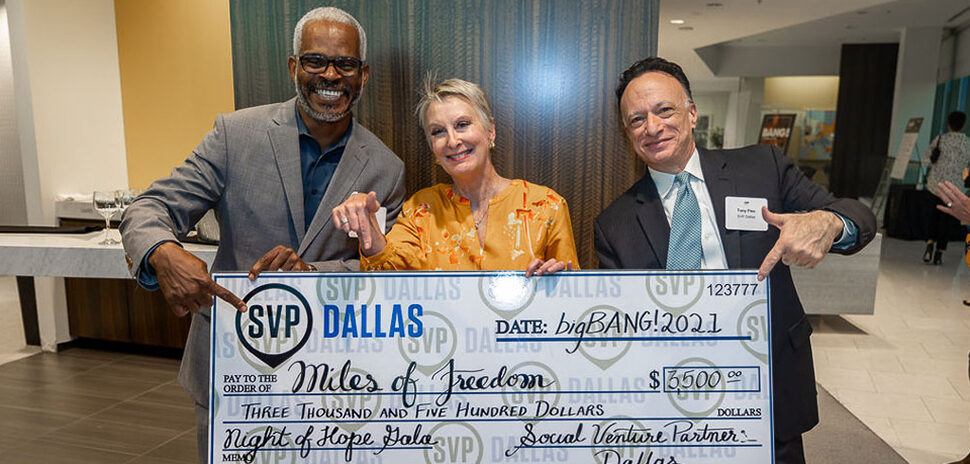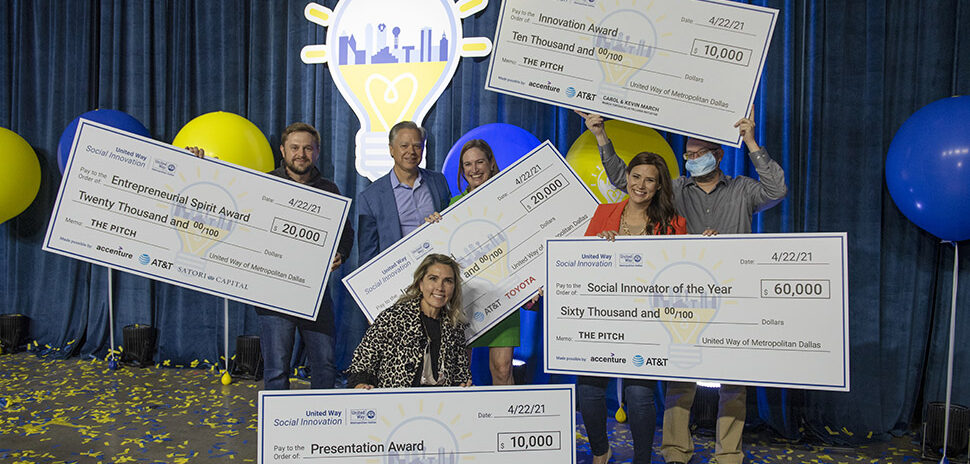While technological innovations speed along at breakneck speeds, advocates for social justice and racial equality are pushing for people to think about society in new, innovative ways, too.
Issues such as mass incarcerations, unfair housing, payday lenders, and homelessness took center stage Thursday at the bigBANG! Equity in Action 2016 conference at Paul Quinn College in Dallas. It was promoted by Social Venture Partners and the United Way of Metropolitan Dallas.
It started with Heather Hackman, of Hackman Consulting Group, who challenged the audience to change the way they think about systemic racism that’s all around them.
Business owners who want a more diverse workforce should push for equity and social justice while creating an environment that’s friendly to minorities, Hackman said.
“It’s the best investment of your money, energy and time,” she said.
“It’s the best investment of your money, energy and time.”
Heather Hackman
Jonathan Rapping founded Atlanta-based Gideon’s Promise to strengthen public defenders, who represent a disproportionate amount of minorities who can’t afford a lawyer.
They are working against a criminal justice system that incarcerates people, thus crippling families and communities.
“We have built an army of public defenders to support one another,” Rapping said. “They work to resist the pressure to reject the prevailing narrative that certain lives don’t matter.”
Payday loans are another problem that affects lower-income families and one of the main reasons Lydia Bean founded Faith in Texas. The organization is fighting the predatory lending companies, which Bean said destroy lives with exorbitant interest and fees.
“It’s not really short-term lending. It’s a debt trap with a profit model based on giving people loans that you know upfront that they can’t afford and they won’t’ be able to repay,” Bean said.
Their goal is to get the victims of predatory lending to tell their stories to people in power who can do something about it.
“That gives us the power to change the narrative and actually put an end to predatory lending,” she said.
Nearly 50 years after the Fair Housing Act was passed, Demetria McCain, president of the Inclusive Communities Project, said there are still ways that cities, landlords, and administrators can limit where minorities live.
She talked about stories where families had to pay higher rents or higher deposits because they had a Section 8 housing voucher. Or they are turned down altogether, even after passing a credit check. That forces families to live in areas with high crime and drugs, which can send them down a bad path, McCain said.
She showed a video where mothers talk about not being able to let their children play outside because there are gunshots and drug deals going on.
Delivering what’s new and next in Dallas-Fort Worth innovation, every day. Get the Dallas Innovates e-newsletter.


































































